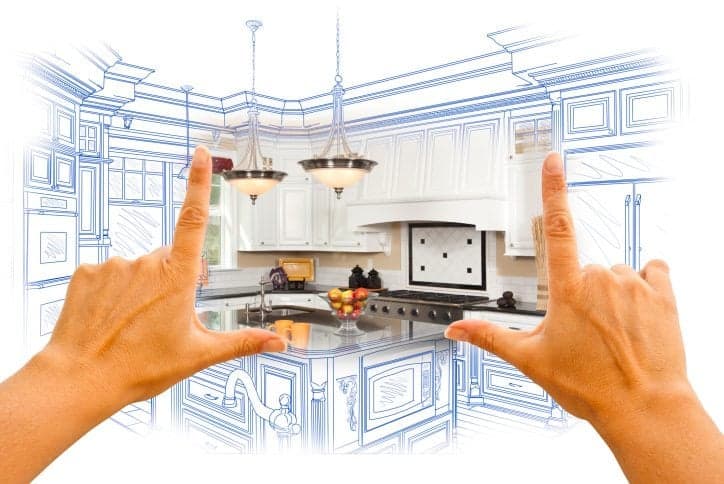The number of homeowners who are intending to take on home improvement projects or repairs this year is expected to increase 6.7%, according to the Joint Center for Housing Studies at Harvard University. As more owners look to remodeling, they may be weighing ways to fund their renovations.

Be Wise When you are Financing Remodeling
One-third of affluent homeowners-those who earn at least $100,000 a year-plan to use credit cards to pay for home remodeling projects, based on a new survey of more than 3,000 respondents conducted by LightStream, a lending division of SunTrust Banks. The percentage of people who are turning to credit cards to pay for their renovation projects is rising: This year, 32% said they’d use credit cards, compared to 26% in 2016.
Homeowners could possibly be using credit cards, even though they plan to pay for the balance the moment it’s due, simply because they want the benefits of getting airline miles or some other rewards from using the credit card, says Todd Nelson, LightStream’s business development officer. However for individuals who don’t plan to pay the credit card off right away, they may want to reconsider using credit cards to pay for their home renovation projects, warns Shomari D. Hearn, a certified financial planner with Palisades Hudson Financial Group in Fort Lauderdale, Fla.
“It’s fine to tap savings or use a home-equity loan or line of credit, but I don’t think it’s a good idea to use credit cards for home improvements,” Hearn says. “Interest rates on credit cards tend to be in the double digits, plus it’s personal debt and the interest is not tax-deductible.”
With recent home price increases of 5.5 % in 2016, the volume of mortgage holders who now have tappable equity is at 39.5 million, reported by Black Knight Financial Services, a real estate data firm. With a HELOC-a home-equity line of credit-the interest could possibly be tax-deductible and there are no upfront frees, says Ann Thompson, a senior vice president and divisional sales executive for Bank of America in San Francisco. A cash-out refinance is another option, where borrowers refinance for more than what they owe on the property then take the difference out in cash.
For either a HELOC or cash-out refinance, homeowners must take into account added fees, which include refinance fees from the application, which start at $475 at Bank of America. There are also extra processing fees and closing costs to factor in too.
Or are just trying to update your home prior to selling? Nick & Cindy Davis with RE/MAX Premier Group are here to assist you with recommending what and where will provide with the most return with your remodeling projects. We are always just a click here or call to 813-300-7116 away.